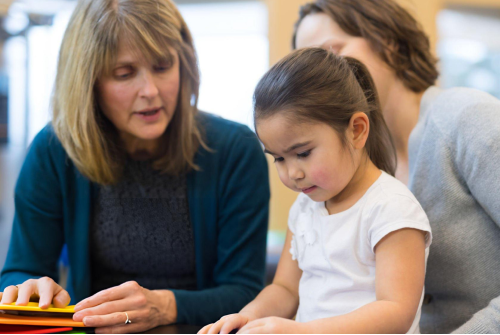
Is ADHD a Developmental Disability?
As a parent navigating the challenges of raising a child, you may find yourself asking important questions – especially if your child struggles with focus, impulsivity, or sitting still. One common and valid question is: Is Attention-Deficit/Hyperactivity Disorder (ADHD) a developmental disability? Understanding this topic can help families better navigate available support options and make informed decisions […]










